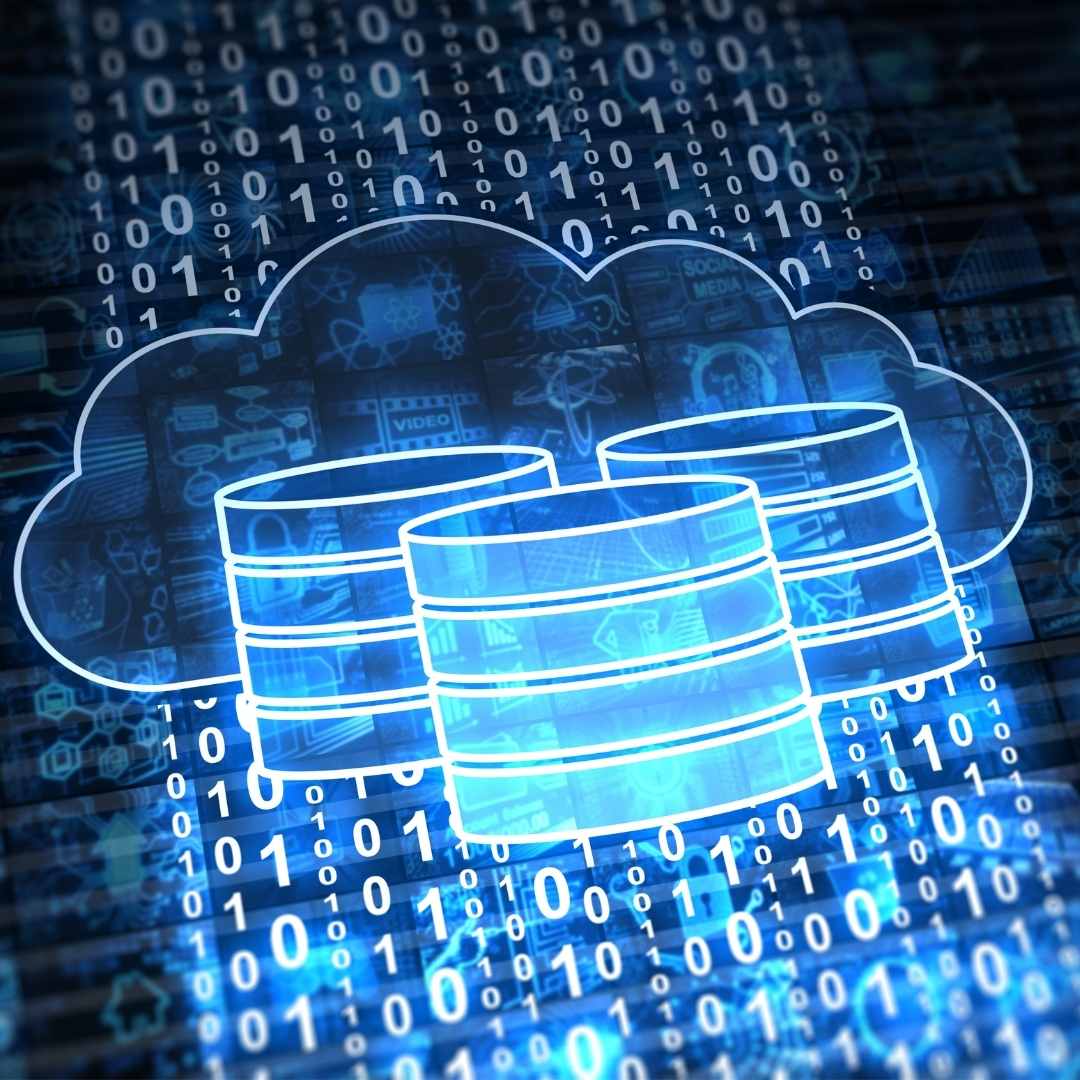4 min read
Cloud vs. Physical or Local Backup: Which is Better?
By: Mark Goodson on Nov 30, 2021 6:00:00 PM

As you’re probably well aware, data backup is vital for protecting the integrity and sustainability of your business. Creating copies of vital data and systems will protect your organization from a range of threats, including cyberattacks, human error, and technical failures, allowing you to recover information almost immediately. If you want to avoid downtime, protect your brand’s reputation, and prevent loss of profits, you’ll need a comprehensive backup strategy.
So, how should you go about backing up your data? Should you invest in remote cloud storage or an onsite physical server? According to recent stats, around 84% of businesses use cloud technology to back up their data, with more planning to do so in the future. For small businesses, this figure rises to 93%. Does this mean cloud storage is better? To help you decide whether to invest in local or physical backup solutions, we’ve investigated the pros and cons of both options.
What is cloud backup? How is it different from local backup?
Before we begin unpacking the benefits and drawbacks of both storage solutions, it is important to establish the difference between the two. Cloud backup involves uploading data to the cloud. This means you will send copied data to large servers owned by cloud computing businesses that charge clients a subscription fee for their data storage and monitoring services.
Local storage, on the other hand, involves copying your data to a bank of dedicated onsite servers. These servers require a lot of power and generate a lot of heat, particularly if the data load is high. Local storage comes with its own set of costs such as purchasing, maintaining, and upgrading the hardware as needed.
What are the pros and cons of cloud storage and local storage?
While both storage options represent effective backup solutions, they come with a range of benefits and drawbacks. Benefits of cloud storage include:
- You can access your data remotely: Cloud storage allows subscribers to access their data from anywhere, provided they have a stable internet connection. As such, cloud solutions are great for businesses operating remotely.
- Excellent data security: It is incumbent on cloud storage providers to protect their clients’ data, meaning they often deploy excellent security protections to avoid reputational damage. This is particularly helpful for small businesses that may not have in-house cyber security experts.
- Protection from natural disasters or other destructive events: Local servers are sometimes destroyed in the face of disasters such as hurricanes, floods, and fires. If your business is based in an area prone to wild weather, a cloud solution could represent a safer option.
- Cloud backup is cheaper: Purchasing and maintaining the hardware required for local data backup can be very expensive. Paying a monthly subscription fee is cheaper for most small- to medium-sized companies.
- Improved scalability: If your business is on a fast growth trajectory, cloud services will ensure your backup is scalable. While it may involve paying higher subscription fees, boosting the storage capabilities of local servers is likely to cost much more.
While these benefits may sound excellent, there are a few disadvantages of which to take note of, including:
- Retrieving your backup can take time: Without a superfast internet connection, retrieving your data from the cloud can take several hours or even days.
- You may lose data when your subscription ends: If you cancel your contract with your cloud storage provider, you may lose your data. Remember to read the terms and conditions before signing up for any cloud service.
So, now you know the pros and cons of cloud computing, what are the advantages of local backup? Here are a few of the reasons businesses opt for physical storage:
- Local backup can be better for retrieving large volumes of data: Restoring data using a local server does not require an internet connection, meaning it is much faster than cloud-based retrieval. If you have a substantial data burden, local backup may be a better option.
- Physical storage gives businesses direct control of their data: Some business owners are uncomfortable with storing their data on remote servers. Physical storage gives organizations direct control over their data.
As mentioned above, an increasing number of businesses are moving away from local backup. Here are a few reasons why:
- Local servers are vulnerable to cyberattacks: Cybercriminals don’t just attack primary systems and endpoints – they may also delete your local backups and prevent data retrieval.
- Difficult to scale: If your business is growing quickly, you may have difficulty scaling your local backup system.
- Local servers are vulnerable to physical damage: Your physical backups may be destroyed in the event of a natural catastrophe, fire, or another type of disaster. In this case, you would not be able to restore any data. Ouch!
- Continous data protection: Blueteam's Cloud Service allows us to backup data on whatever customer internal they need (5 minutes, 1 hour, 8 hrs, etc), which allows us to upload the data to the cloud all day long.
If you need help coming up with an effective data backup strategy, Blueteam Networks should be the next call you make. Don’t hesitate to reach out today to find out more about our managed IT services. We make IT work for you!
Recent Posts
How to Create a Human Firewall at Your Business and Why You Need One
Most people have at least heard the term firewall, even if they can’t quite define that it’s a...
What you need to know about Smishing to protect your Ohio business
If you’re a frequent email user, chances are you’ve encountered a phishing attack at some point....
Stay Productive Despite Covid-19 with Microsoft Teams
More people than ever are working from home thanks to COVID-19. This situtation has led to a few...


